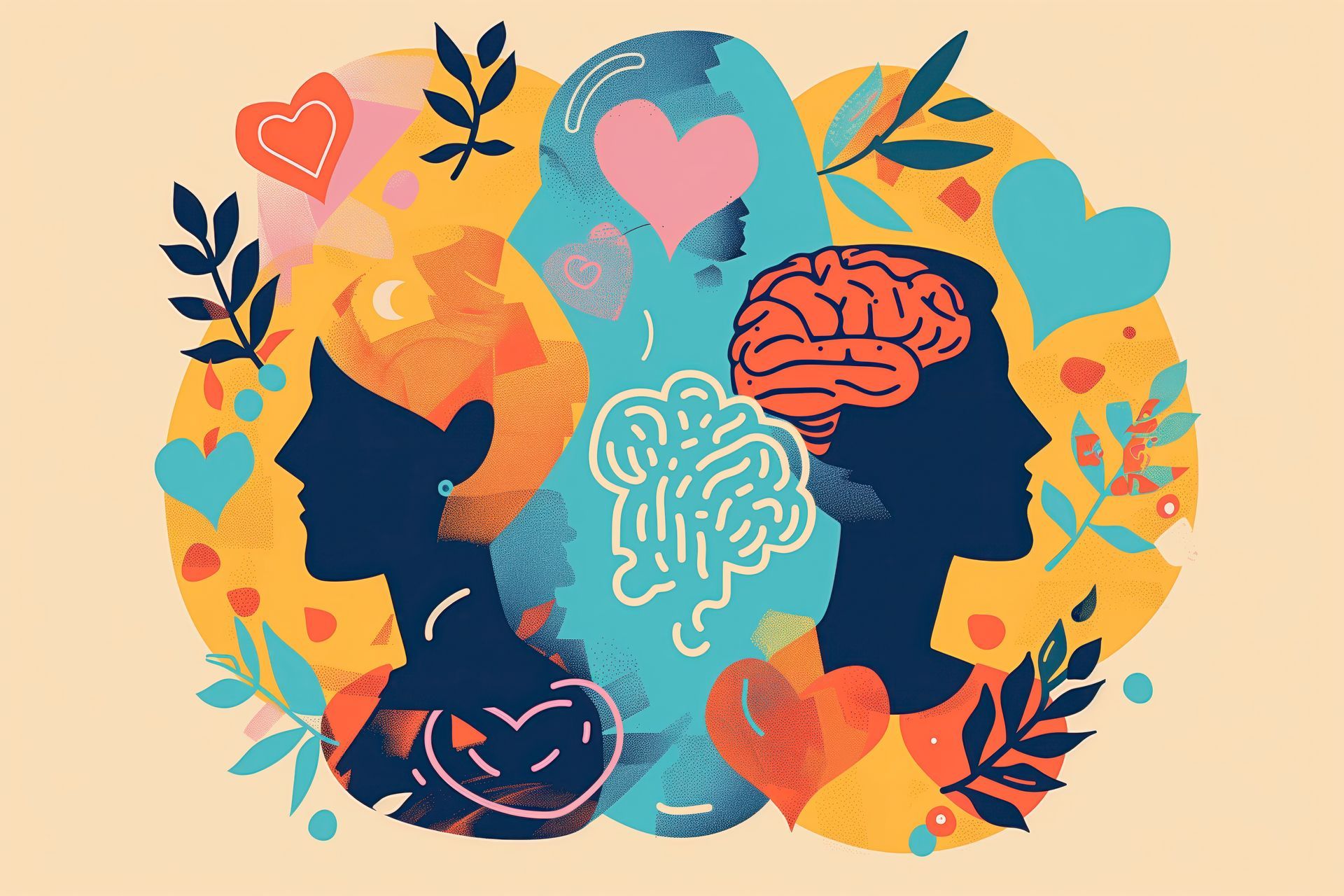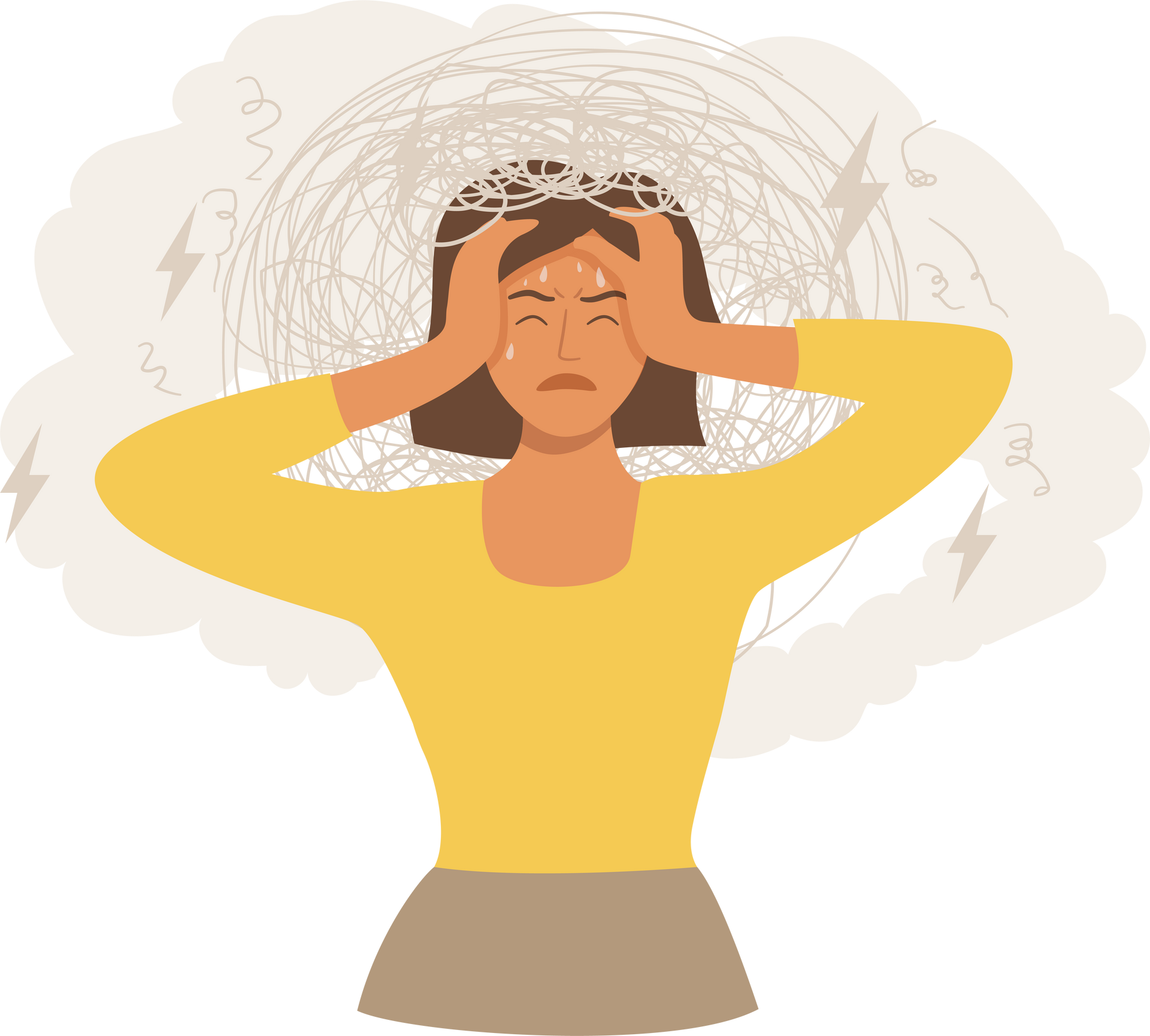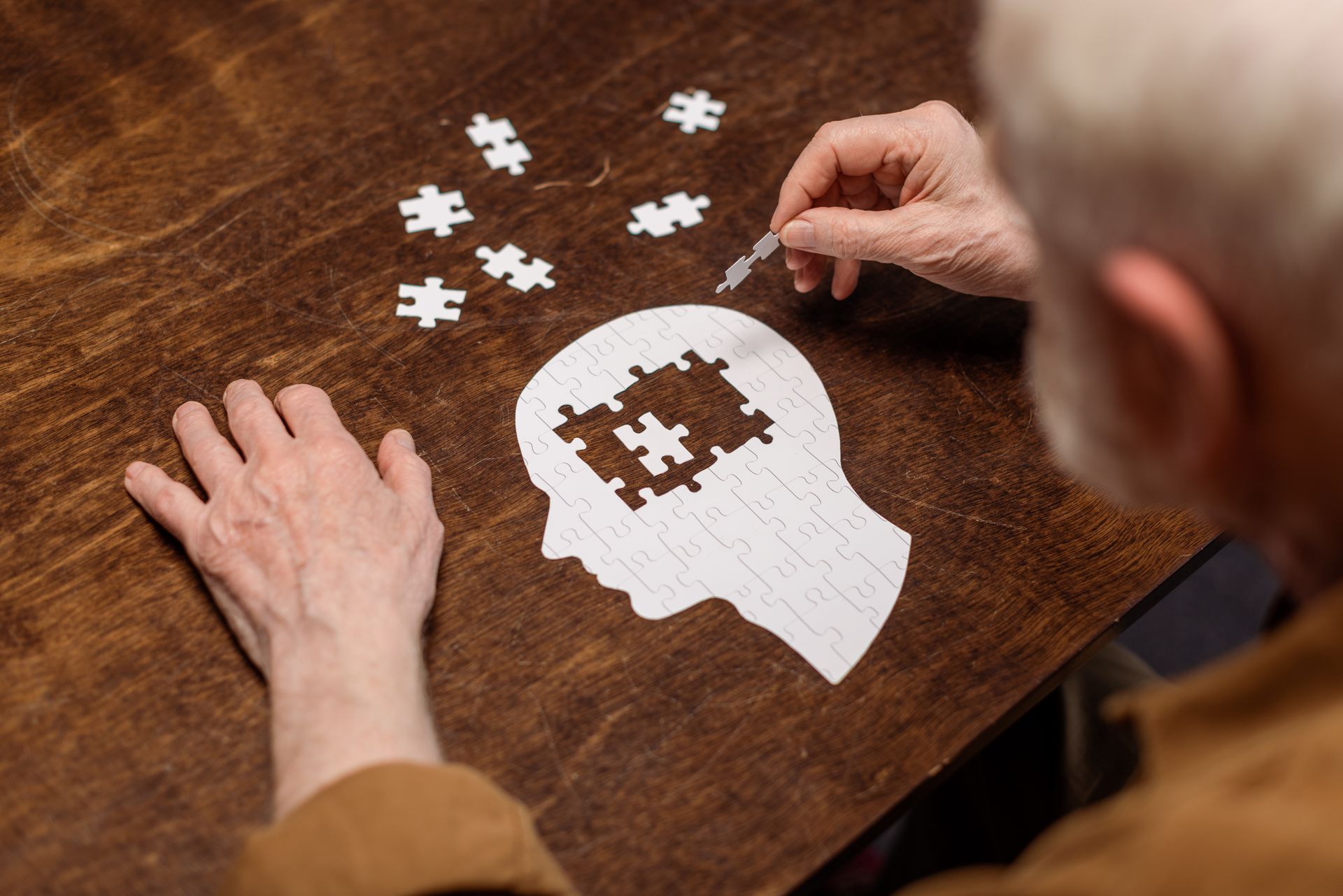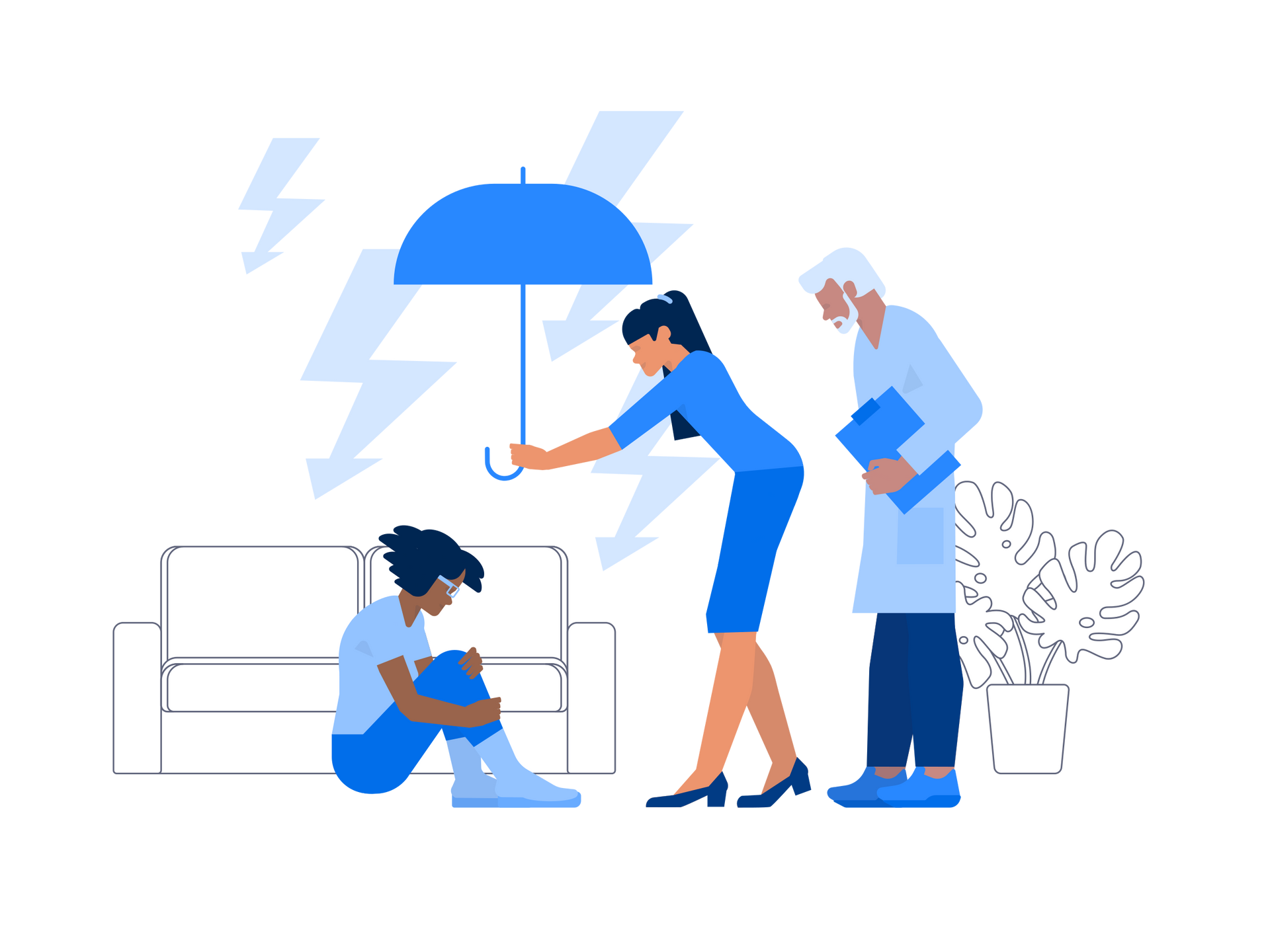
Τομείς Εξειδίκευσης
Areas of specialisation
Schizophrenia
 CONTACT
CONTACTSchizophrenia is a serious psychiatric disorder, which is difficult to define and describe precisely because of its complexity. It is characterised by severe disturbances in thinking, perception of reality, emotions, volition and psychomotor function, leading to a significant reduction in the individual's functional capacity. Patients often find it difficult to maintain interpersonal relationships and to cope with daily activities. Symptoms such as hallucinations and delusions often occur, which reinforce the disconnection from reality.
Emotional Disorders
 CONTACT
CONTACTEmotional disorders, also known as "mood disorders", refer to disturbances in a person's emotions. They include conditions such as major depressive disorders, bipolar disorders and dysthymia. These disorders can cause intense and persistent symptoms that negatively affect a person's quality of life. They often lead to a significant decline in functioning, affecting personal, professional and social life. In many cases, specialised interventions are required for their effective management.
Anxiety Disorders
CONTACTAnxiety disorders are pathological conditions that are expressed by the mental and physical symptoms of anxiety in the absence of organic disease or some other psychiatric disorder.
They include disorders where anxiety is manifested by phobias (social anxiety disorder, agoraphobia, specific phobias), paroxysmal episodes (panic disorder), reliving traumatic events (acute stress reaction, post-traumatic stress disorder), chronic anxiety about personal and other issues (generalized anxiety disorder).
Obsessive Compulsive Disorders
CONTACTObsessive-compulsive disorder is characterised by persistent and recurrent thoughts, images or impulses, known as obsessions, which cause intense anxiety. To reduce this anxiety, individuals often engage in repetitive deliberate behaviours or mental processes of a ritualistic nature, called compulsions. These ritualistic acts provide temporary relief, but do not eliminate the obsessions.
Related to obsessive-compulsive disorder are other disorders, such as hoarding disorder, somatoform disorder and trichotillomania, which also involve compulsive behaviours or persistent thought patterns.
Reactions to Stressful Events
 CONTACT
CONTACTThese reactions fall into two categories: anxiety reactions, which result from the activation of the autonomic nervous system in response to threatening events, and depression reactions, which occur as a result of events associated with loss or separation.
Treatment of Addictions
 CONTACT
CONTACTAddictions are complex psychological and behavioural conditions that affect a person's personal, social and professional life, requiring careful management to restore balance and well-being.
Interpersonal Problems
 CONTACT
CONTACTInterpersonal problems refer to the difficulties that arise in a person's interaction with others and how these difficulties affect the person's quality of life.
Personality Disorders
CONTACTPersonality disorder is defined as a mental disorder that affects the way a person thinks, behaves and relates to others and themselves. It has a chronic and stable course and hinders the individual's adjustment and functioning.
Dementia and other Neuropsychiatric Disorders
 CONTACT
CONTACTNeuropsychiatry refers to psychiatric disorders that are caused by abnormalities in the structure and function of the brain.
Neuropsychiatric disorders mainly include: delirium, dementia, amnesic syndromes, secondary neuropsychiatric disorders (anxiety, depression).
Adult Neurodevelopmental Disorders
 CONTACT
CONTACTNeurodevelopmental disorders are a group of disorders that affect the normal development of the brain and nervous system.
They include
1) autism spectrum disorders which refer to a group of disorders characterised by impairments in communication and social interaction and by restricted-repetitive activities and interests
2) attention-deficit hyperactivity disorder with core symptoms of inattention, hyperactivity and impulsivity.
Often the diagnosis is made in adulthood having already adversely affected the person's quality of life.
Disorders characterised by Interaction of Physical and Mental Manifestations
 CONTACT
CONTACTThis category includes:
1) mental disorders (somatoform) manifested by physical symptoms
2) mental disorders that are caused by physical disease
3) disorders in which mental factors affect the physical state
Food Intake Disorders
 CONTACT
CONTACTEating disorders are defined as abnormal behaviours in the way and amount of food intake. These include neurogenic anorexia, neurogenic bulimia, and hyperphagia episode disorder.
Psychiatry for Adolescents
CONTACTAdolescence is the period of development between childhood and adulthood. It is characterized by physical and mental changes. It begins biologically with adolescence and ends psychologically with the acquisition of self and gender identity and the attainment of autonomy. During this transitional period the adolescent is called upon to resolve mild problems or more serious mental disorders.
Psychiatry for the Elderly
 CONTACT
CONTACTPsychogeriatrics is a branch of psychiatry that deals with the mental health of the elderly and aims to prevent, diagnose and treat their mental disorders (dementia, depression, anxiety disorders, psychoses).







